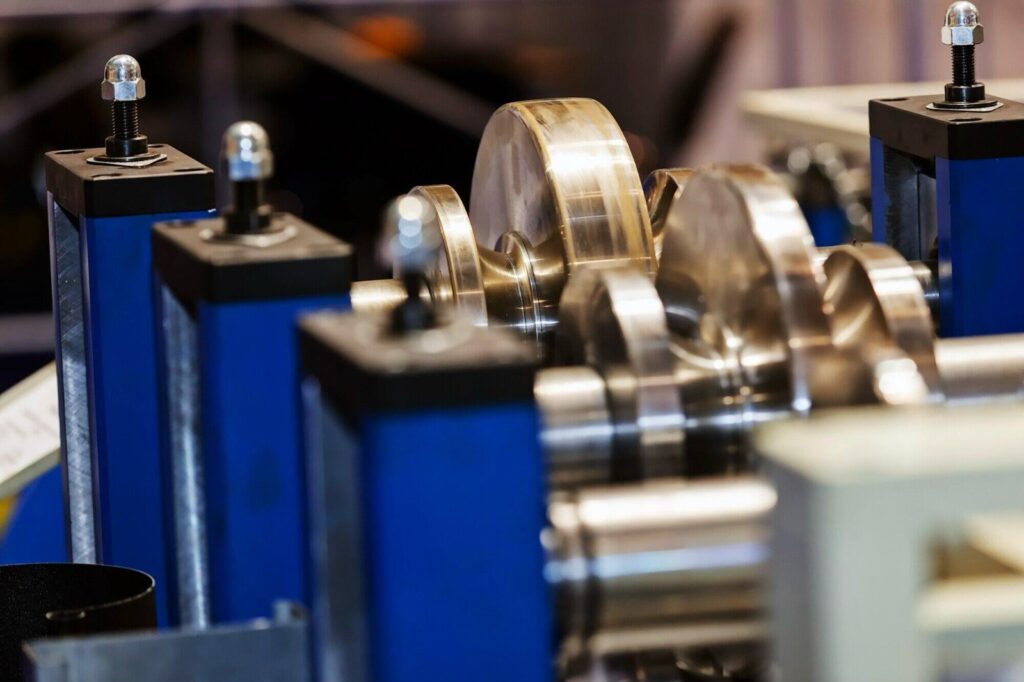Selecting the appropriate bender machine for your business is a critical decision that can significantly impact your production efficiency. Whether you’re in metal fabrication, plumbing, or automotive industries, finding the right fit is essential.
Investing in the wrong machine may lead to increased costs, wasted materials, and production delays. However, with a clear understanding of your needs, the various types of bender machines available, and the features that matter most, you can make a well-informed choice.
Understand Your Business Requirements
Before diving into the types and features of metal bending machines, it’s crucial to identify your specific business requirements. Consider what materials will you be working with and what type of bending process you need. Also, consider the expected volume of production,
By considering these, you will have a clearer picture of what to look for when evaluating bender machines.
Types of a Bender Machine
Bender machines come in various types tailored to specific needs. Here are some common types:
1. Manual Bender Machines
As the name suggests, manual bender machines rely on human power to operate. They are generally more affordable but require more physical effort. Manual benders are suitable for smaller jobs or workshops that handle limited bending tasks.
2. Electric Bender Machines
Electric bender machines are very popular due to their efficiency and reduced manual labor. These machines streamline operations, making them ideal for businesses with higher production requirements. You might consider an Electric Tube Bender, for example, if you’re dealing with tube materials frequently.
3. Hydraulic Bender Machines
Hydraulic bender machines use hydraulic force to bend materials and are known for their immense power. These machines are particularly effective for heavy-duty operations.
They are suitable for bending thicker materials like steel. If your business demands precision and strength, hydraulic machines can be a worthwhile investment.
Key Features to Consider
Besides the type of machine, certain features can enhance your efficiency and productivity:
1. Bend Radius
The bend radius refers to the minimum radius that can be achieved on a bend. Machines with flexible bend radius capabilities can accommodate various projects and material types.
2. Control Systems
Advanced control systems can significantly improve accuracy and reduce errors in production. Look for machines that offer digital controls for precise adjustments.
3. Size and Portability
Consider the physical space in your workshop. If you have limited room, choosing a compact or portable machine could be a better option.
Evaluating Cost and Warranty
Your budget is always a vital factor in any business decision, including selecting a bender machine. Remember that lower upfront costs might lead to higher long-term expenses due to maintenance and lower efficiency.
Additionally, choose a machine that comes with a warranty. This can provide peace of mind regarding its durability and quality.
Making Your Decision
After evaluating your needs, the types of bending tools available, and the essential features, it’s time to make a decision. Involve your team.
Involve those who will operate the machine in the selection process to gather insights. Lastly, consider reaching out for demos or trial periods to understand how well a machine fits into your current workflow.
Final Thoughts
Choosing the right bender machine can streamline your operations and save you money in the long run. By understanding your needs and considering various factors, you can find a machine that meets your business requirements effectively.
Don’t rush the decision. It’s worth taking the time to find the right fit.
For more essential tips, check out our blog posts.

